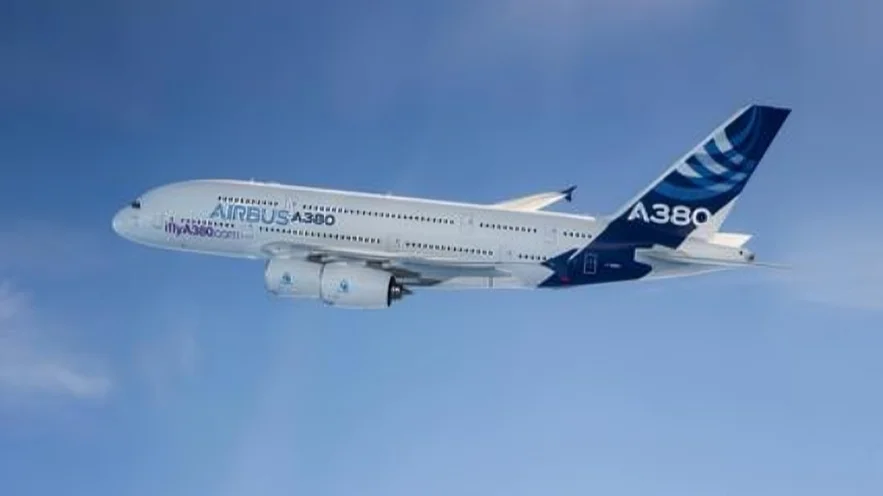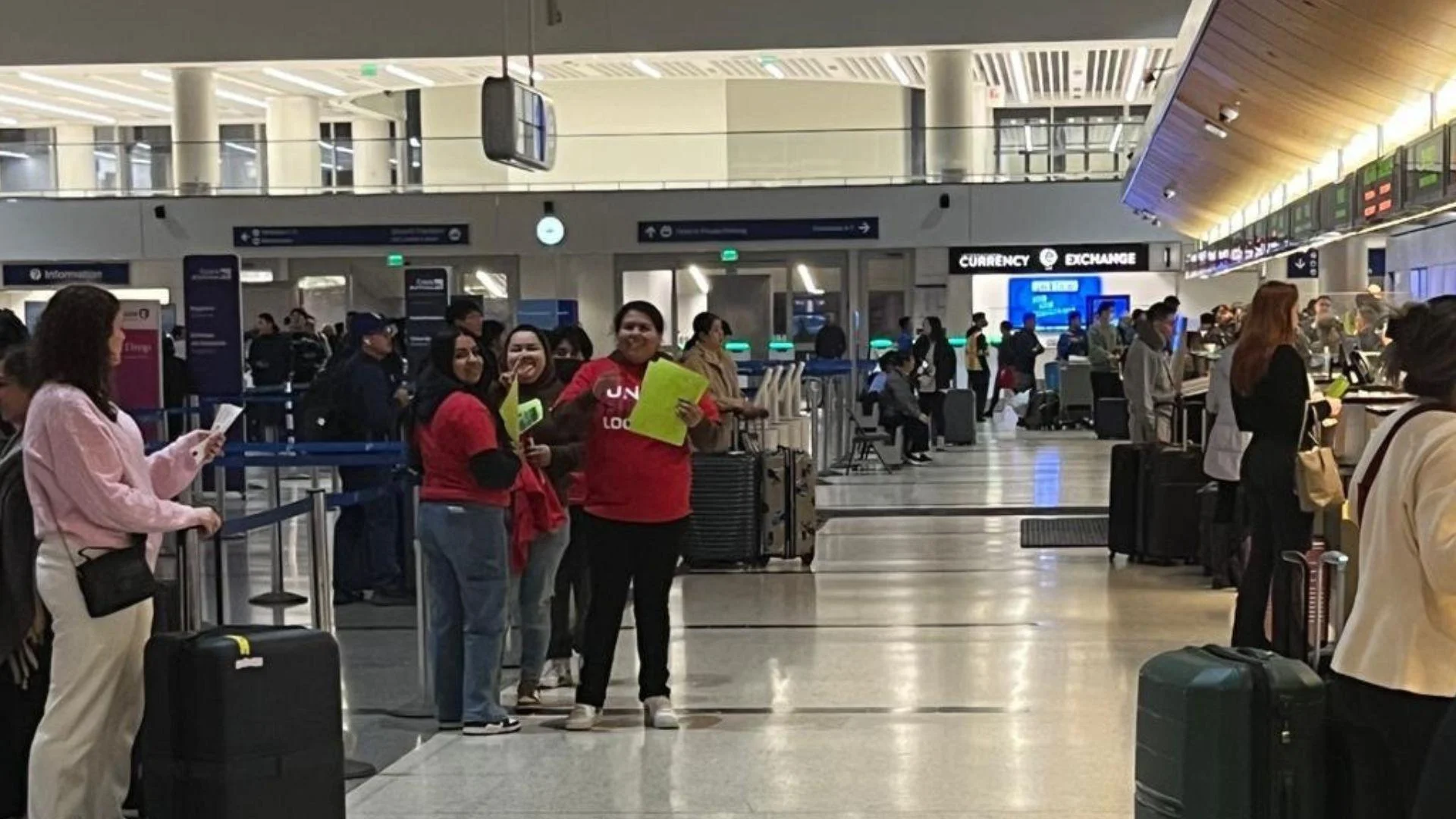Both Alaska and Hawaiian are significant players between Hawaii and the mainland in a competitive market where United is largest, with Delta and American also having substantial presence. Alaska does not currently compete on inter-island flights, so there is no increased concentration. Additionally, Hawaiian politicians, including its governor, have shown support for the merger, and there has been no active union opposition.
Despite multiple delays in approval, DOJ did not demand any conditions before allowing the merger. Alaska’s political operation played a crucial role in securing this outcome.
For frequent flyers, Alaska Airlines Mileage Plan remains valuable. Points from HawaiianMiles are expected to be combined at a 1:1 ratio with Alaska miles. Consumers may consider applying for Hawaiian Airlines credit cards while they are still available or transferring American Express Membership Rewards points to Hawaiian as an indirect way to transfer them ultimately to Alaska.
The exclusivity of the Alaska-Bank of America co-brand contract will likely end American Express transfers to Hawaiian (Alaska) as part of this deal. The future of existing Hawaiian co-brand cards remains uncertain under new control.
HawaiianMiles transferred at a 1:1 ratio into Alaska Airlines miles will become more valuable due to better award charts and access to more partners through Alaska’s network. However, losses include better award space between Hawaii and the mainland provided by Hawaiian and their unique upgrade inventory system.
oneworld frequent flyers will benefit from enhanced route networks offered by both airlines under this merger.
Alaska plans to retain the Hawaiian brand but operate under its own certificate based in Seattle with a significant presence in Honolulu. Over time, fewer seats may be available between islands due to overcapacity on these routes unless Southwest reduces its services instead.
Alaska gains widebody aircraft and experience flying international Pacific destinations through this acquisition. Currently served destinations include Auckland; Sydney; Fukuoka; Tokyo Haneda; Narita; Osaka; Seoul; Papeete; Pago Pago; and Rarotonga.
Some widebodies may be moved to Seattle as Alaska transitions into long-haul international services. The future of the American Airlines-Alaska “West Coast Alliance” remains unclear since it has not developed significantly yet.
Lastly, despite recently disposing of Airbus planes acquired with Virgin America acquisitions—Hawaiian operates mostly Airbus aircraft—this merger means Seattle-based Alaska will no longer remain an all-Boeing airline once again.
 Alerts Sign-up
Alerts Sign-up




































